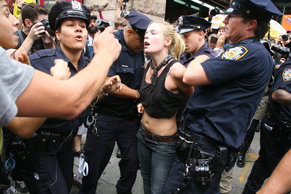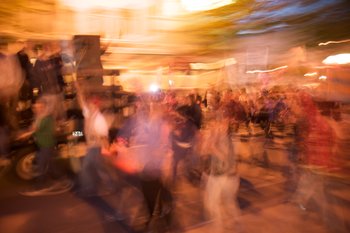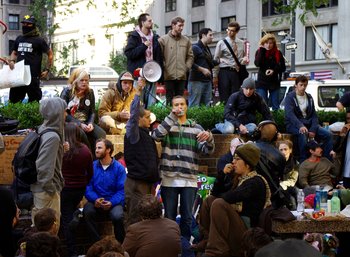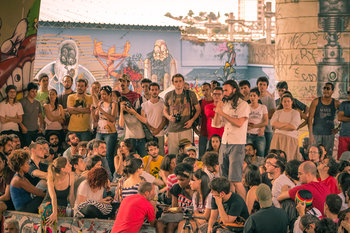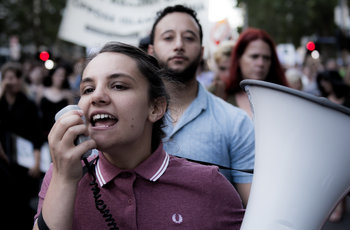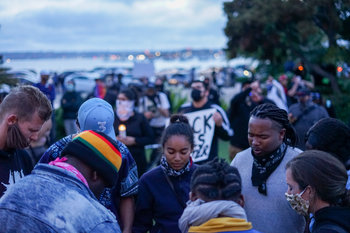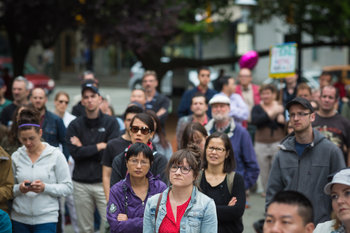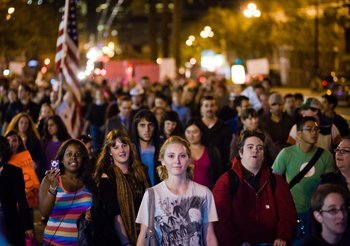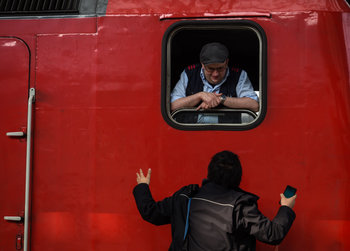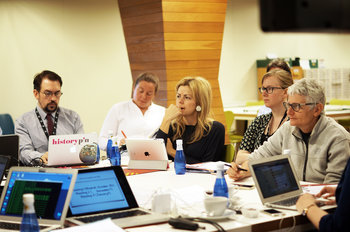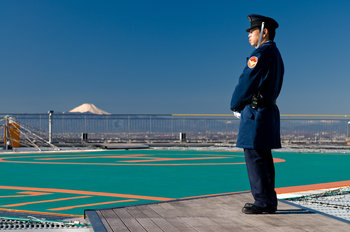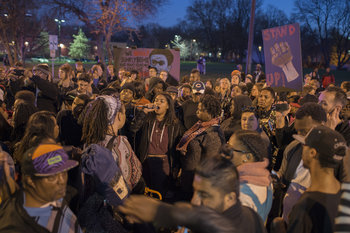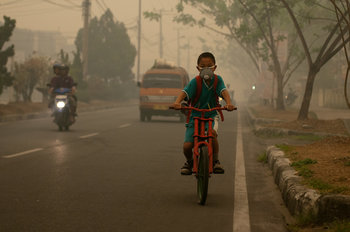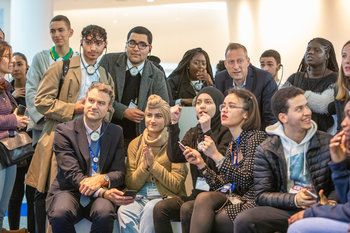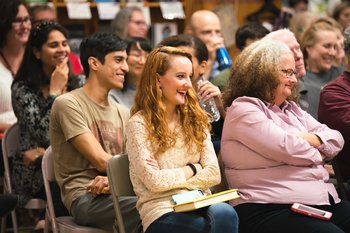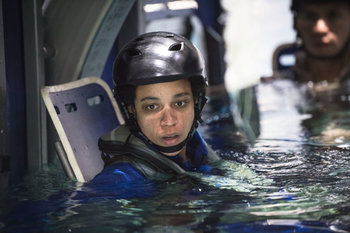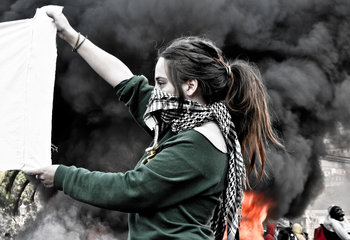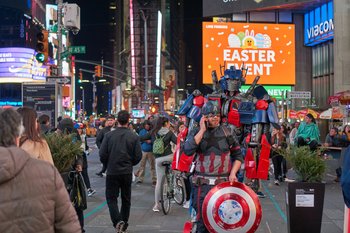Traditional Media
The traditional media such as newspapers or news channels only cover a very small slice of events and tend to obsess over a handful of issues.Social Media
Social media allows anyone to post or share an opinion such that it potentially represents the democratization of agenda setting. For example, a social issue that is contentious and much debated on social media is likely to gain the attention of traditional media and politicians.Groupthink
Groupthink is a social environment where people feel they have to self-censor in order to conform to the ideology or agenda of a group. In this context, the gatekeepers of these groupthink processes are agenda setters.Technology Companies
Technology companies play a role in censoring social media. This resembles agenda setting whereby certain topics or opinions could theoretically be banned or demoted by algorithms.Protests
Political protests can get people talking about an issue.Governments
The political, administrative and judicial powers of government select issues that they will address. Although these authorities are influenced by outside forces, these are the primary venues of agenda setting.Political Parties
Politicians and political parties set an agenda to try to get elected and pursue an agenda if they are elected.Corporations
Corporations adopt issues as a form of virtue signaling. They may also engage in lobbying to try to influence policy, laws and regulations. These two activities may be quite contradictory.Political Interest Groups
Political interest group is a broad term for any organized group that would like to influence politics. In some cases, these are sponsored by a single individual or family.| Overview: Agenda Setting | ||
Type | ||
Definition | The process of influencing what issues gain attention. | |
Related Concepts | ||

